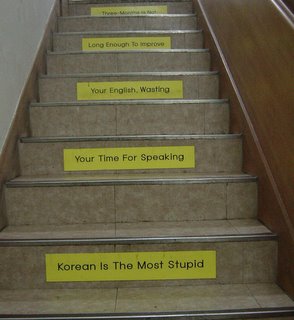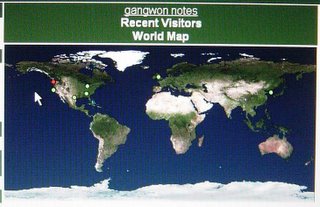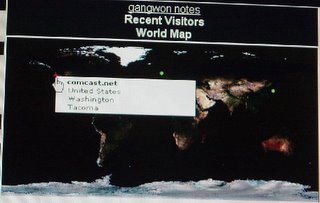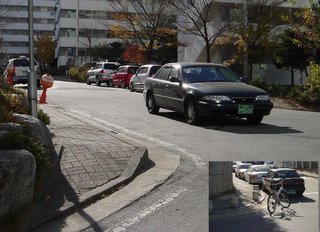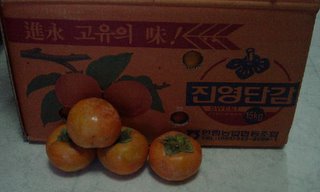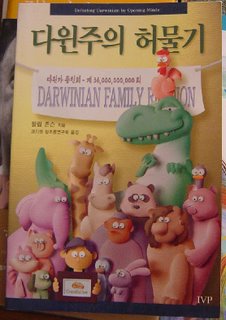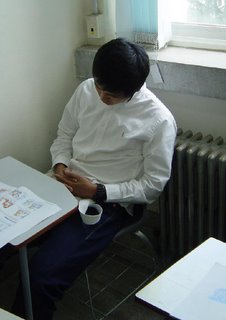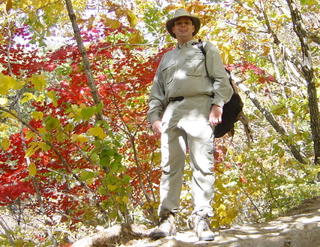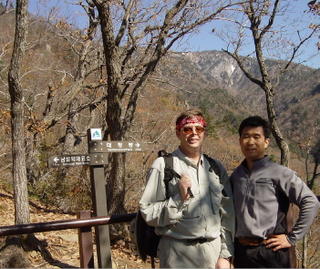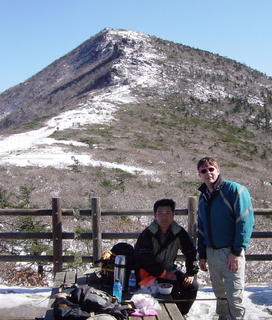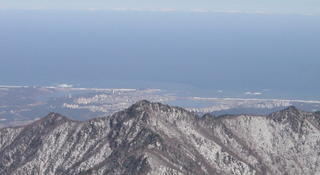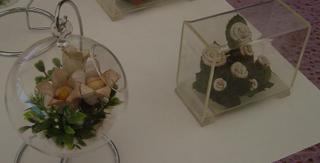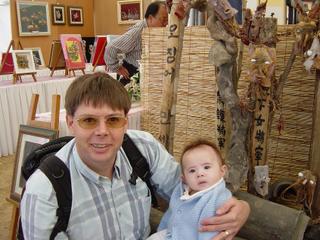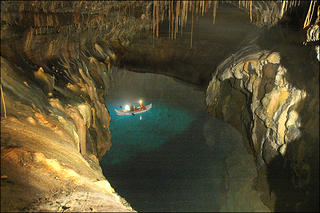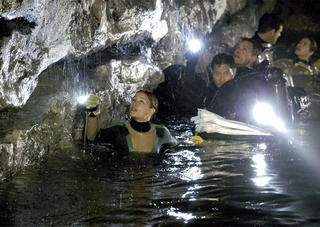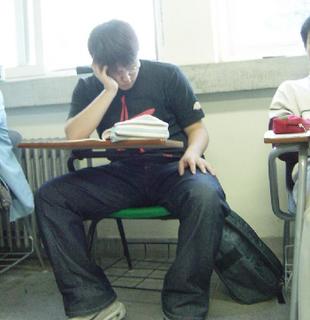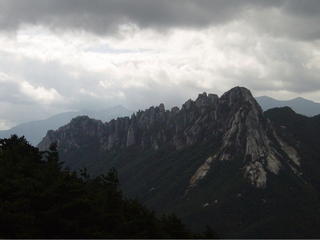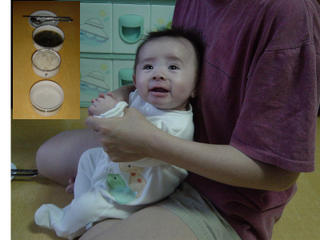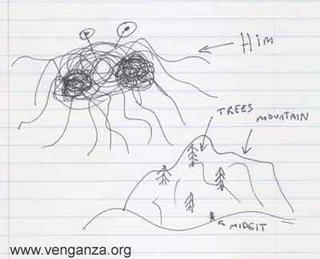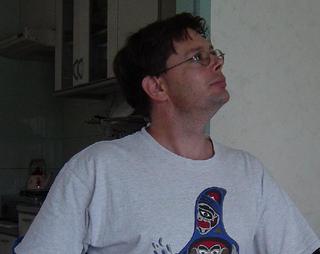I read and enjoyed
State of Fear although I was also annoyed and later, confused and worried. State of Fear tells the story of a philanthropist who finds his donations are being used for unsavory purposes; specifically, to fake evidence for an environmental catastrophe. He quickly fades from the story but his assistants and some federal agents continue to follow the conspiracy and foil the plot.
The story is good. There is a lot of action and close escapes, some memorable women and great exotic locations. There were some problems though. The close escapes are all of the kind that Austin Powers lampooned so well, "Aren't you going to kill him?" "No, I'm sure the sharks will. I will just walk away and assume that he did die." "But you've already assumed that five times."
Crighton's book always carry a message and his popularity stems both from these controversial subjects and from the way they don't get in the way of the action. Jurassic Park was a thrilling story of man vs monster, but it was also a story of the way man himself can be a shortsighted monster focusing on profits, and a glimpse of the ways our increasing understanding of DNA will change our lives.
State of Fear is a spy story of sorts, and an exciting one, but it also encourages us to question some strongly established views. For example, and least controversially, charitable organizations might not be so benign after all and charitable does not mean free of greed.
The controversial story in State of Fear is that Global Warming is a lie, or at least completely unproven. This is the part of the story that confused and worried me. Crighton backs up his claim with scientific reference after reference, which is good. However, in his book, the people showing global warming as an unproven or unsupported hypothesis are all brilliant, while the environmentalists are mean-spirited idiots, which is annoying.
The book made me reexamine my assumptions on the subject. I listened to
Dr. Forbush speak out against global warming and big business (don't bother unless you want to learn how not to do a podcast) in the most boring, unsupported way possible.
I also visited
Cooler Heads, a site that tries to show the global warming for the myth it is. To my shame, as soon as I saw it was a consumer site, and related to big business, I turned away. This is exactly what the deluded folk in State of Fear did. It did have references, if you are interested. One was the
Marshall Institute, which has a Q&A with responses like this:
"15. Will global warming produce more violent storms? This is not likely."
They may be right in this case, but the bare bones answers were kind of annoying. Violent storms may be caused by global warming but the evidence for that will be statistical.
One storm does not prove GW, not even a bad decade of storms is enough.
Three sites that felt they had evidence for global warming were
Global Warming Early Warning Signs,
The Earth Institute and the
Global Warming International Centre. Crighton visited the Earth Institute and the scientists there apparently are dismayed that he didn't ask them their opinion (they feel GW is real).
One thing I'd seen before is the way one organization tries to hijack another's visitors. There is a "globalwarming.org" and a "globalwarming.net" site, differing only in the suffix. Which came first, I don't know but I have seen this used as an underhanded way to steal visitors who mistype the name.
Anyway, in my opinion, global warming is probably occurring but it doesn't matter. GW is caused by CO2 (and a few other gases) emissions and to stop emitting would be to stop all enterprise. However, reducing emissions of other polluting gases would automatically reduce greenhouse gases..
To reduce various fossil fuel exhausts would reduce pollution: smog, acid rain, and a number of lung ailments. For individual drivers to drive less or to carpool, would reduce the number of cars built and the energy that goes into constructing a car is probably as much or more than the energy that goes into driving it. Driving less would likely improve people's general health...
I have calmed down as an environmentalist as I learned a little (really, the least possible) about economics. I have a vague idea that reducing automobile production would not help people's total quality of living. Still, if people are concerned about global warming and pollution, leaving their cars in the driveway would be the reasonable thing to do.
